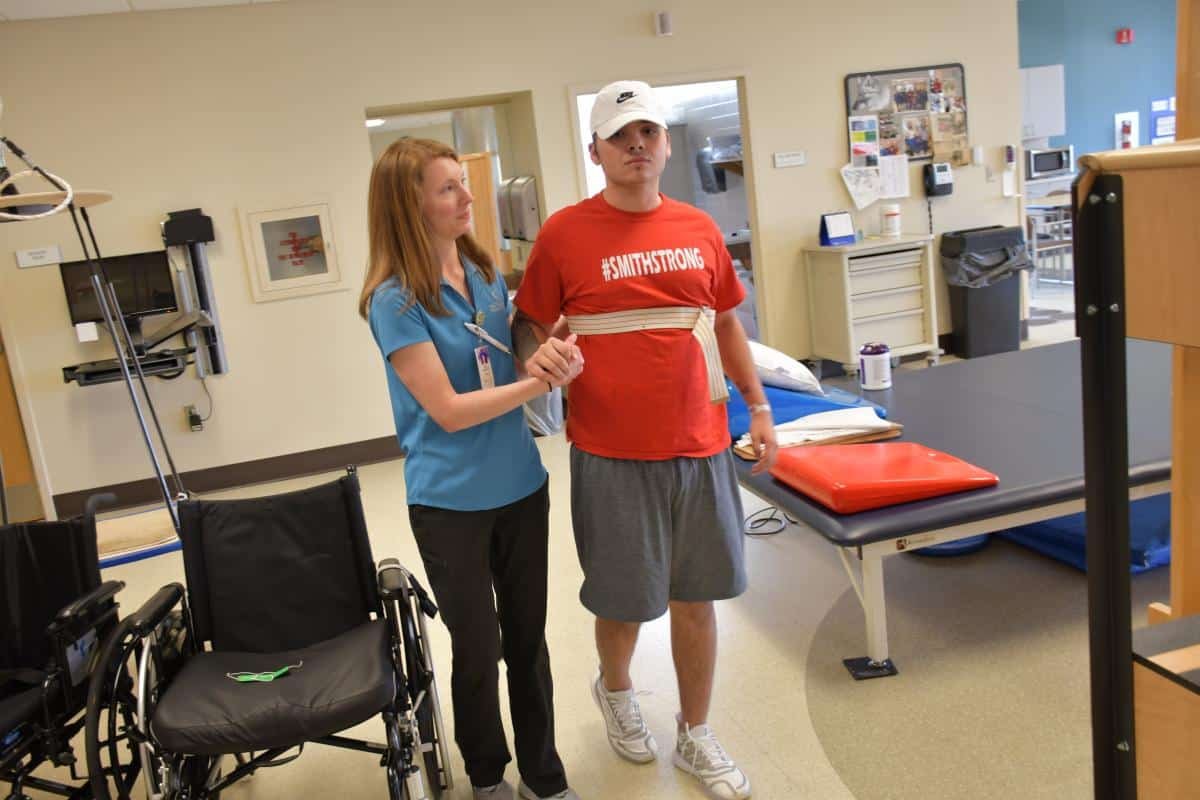
Those who have experienced a traumatic brain injury (TBI) understand the drastic impact post-TBI recovery has on one’s day-to-day life, as victims struggle to regain cognitive function and relearn basic skills. After the initial swelling and bleeding subside and the patient wakes from a coma or minimally conscious state, TBI sufferers usually experience a period of confusion, disorientation, and post-traumatic amnesia.
These symptoms can be challenging to cope with, and many survivors report feelings of agitation, nervousness, and restlessness during the beginning stages of recovery. Additionally, long-term complications are common amongst TBI patients, with some experiencing severe prolonged symptoms.
According to Schwartzapfel Lawyers, a New York brain injury attorney, approximately 150 Americans die every day from TBI-related injuries. Between high-impact falls, motor accidents, and recreational blows to the skull, TBI’s impact spreads far and wide, tallying a long list of victims. Sadly, veterans and military personnel, in particular, experience a high percentage of traumatic head injuries due to explosions and other combat during training exercises or on the battlefront. However, with the proper medical care, recovery resources, therapeutic know-how, and legal professionals lending a helping hand, veterans can re-enter society with confidence post-TBI.
If you’re looking for brain injury recovery exercises to help you regain cognitive function, read on for six helpful ways to promote healthy, long-term healing.
Practice memorization
One of the most common symptoms of brain injuries is post-traumatic amnesia. Although this disorder can become less intense over time, most TBI victims experience long-term memory problems, causing them to misremember or forget aspects of their past and day-to-day life. Fortunately, head injury survivors can practice memorization by engaging in recollection-based activities, utilizing mnemonic devices, repetition, and imagery to kickstart your brain. For example, start by remembering grocery items before scanning your list and pushing yourself by reciting the lyrics to your favorite songs.
Fine motor activities
TBI survivors typically experience disruptions to their fine motor abilities, causing dexterity, synchronization, and coordination complications. While frustrating, patients can improve disconnected and shaky movements through simple activities, like painting, jigsaw puzzles, penny stacking, and knitting, amongst many other options.
Sensory experiences
Although it can be overwhelming for freshly injured individuals to jump into high-sensory situations, subjecting your damaged brain to physical and mental sensations is critical in re-introducing yourself to visual, auditory, and tactile functions. Sensory reeducation exercises include handling various textured items, temperature differentiation, and pressure training, which help ease sensitivities and numbness.
Journal in nature
An excellent route TBI survivors can take on the path to healing is sitting in nature and journaling, recording every sensation to engage the brain and promote healthy cognitive function. For example, by pinpointing each smell, sight, sound, and touch and writing them down, you’re not only healing critical sensory connections but also reigniting fine motor functions.
Reading out loud
While silently reading can help improve cognitive function, traumatic head injury patients should consider speaking passages aloud to challenge their brain and connect auditory and visual senses. Start with small paragraphs, moving slowly and steadily across each word to help your brain process the information received. Additionally, if you’re finding it difficult to read and speak simultaneously, consider listing to an audiobook while following along on the physical copy to help heal compromised sensory connections.
Parting thought
Healing from a traumatic brain injury as a veteran can be challenging, especially with the lack of resources given to retired military personnel. That said, you can take matters into your own hands by engaging in exercises that promote healthy brain function. To achieve recovery, practice memorization, stimulate your senses and engage in fine motor exercises to improve your cognitive abilities one step at a time.
ATTENTION READERS
We See The World From All Sides and Want YOU To Be Fully InformedIn fact, intentional disinformation is a disgraceful scourge in media today. So to assuage any possible errant incorrect information posted herein, we strongly encourage you to seek corroboration from other non-VT sources before forming an educated opinion.
About VT - Policies & Disclosures - Comment Policy



